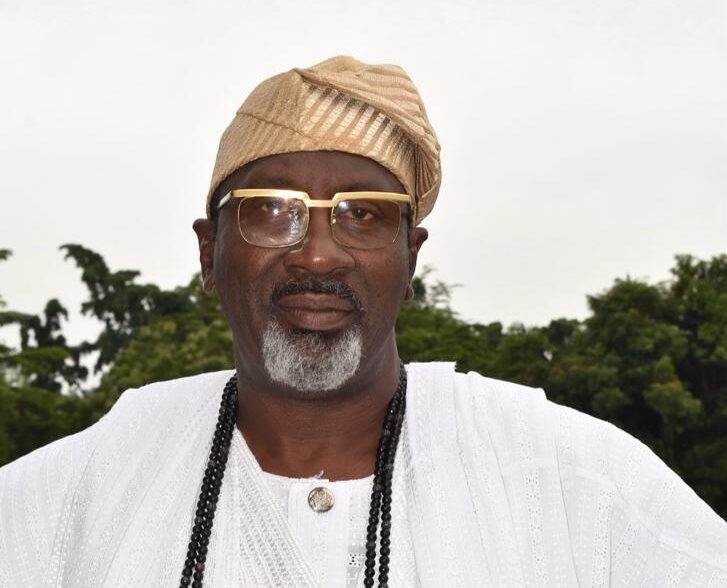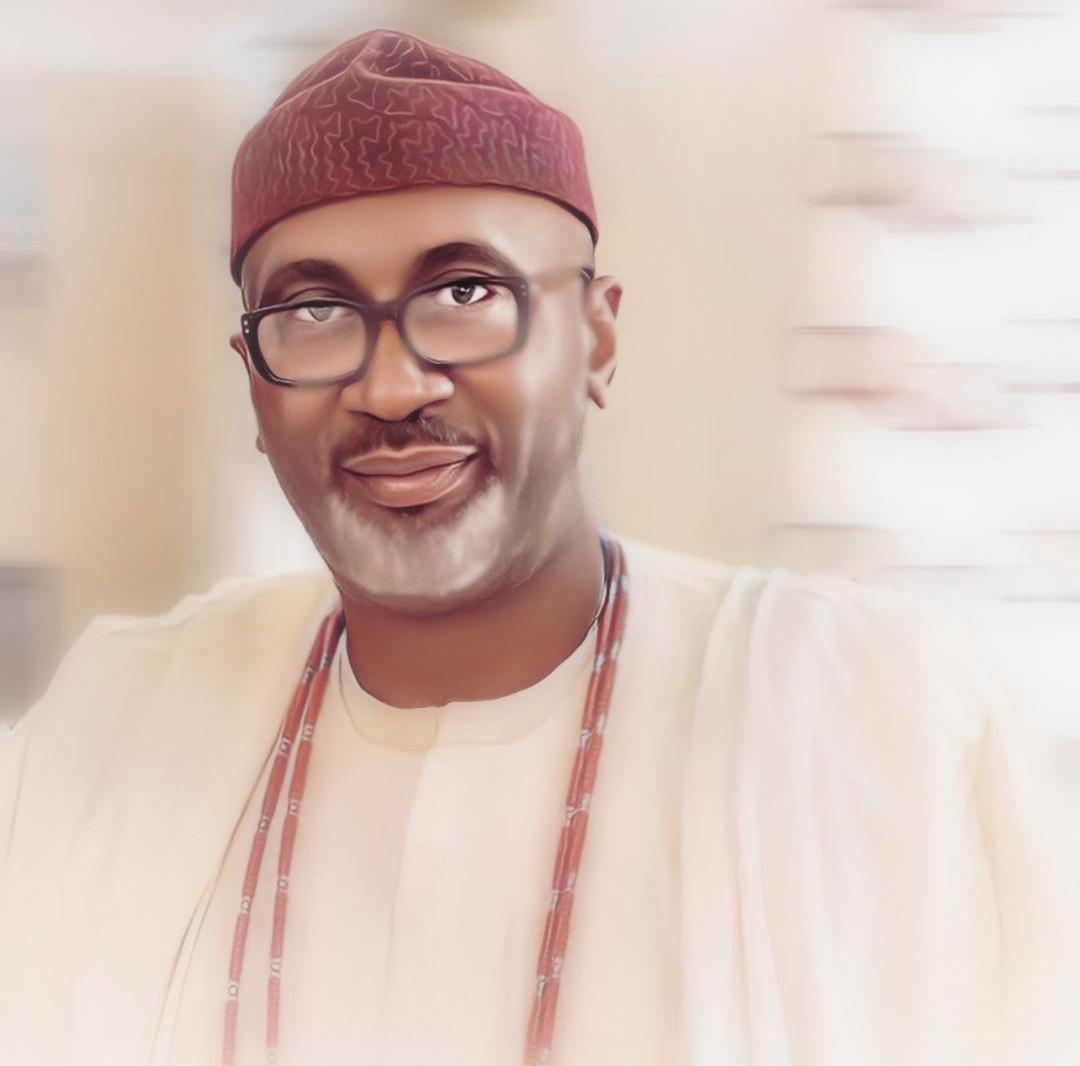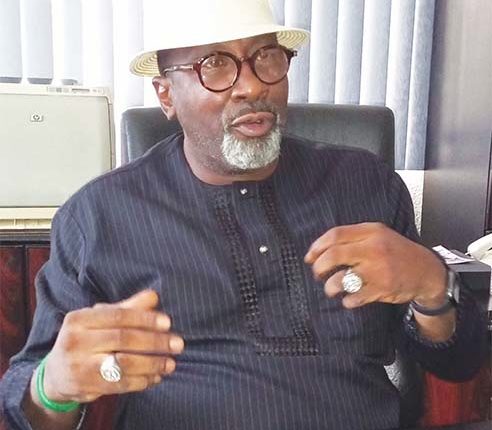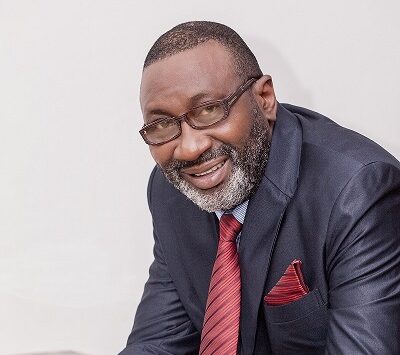It’s time for us to come together and take responsibility for our actions, rather than pointing fingers and placing blame. Let’s reflect on how each of us can contribute to overcoming the challenges we are currently experiencing as a society.
– Abayomi Odunowo –
It is a common sight in Nigeria to see people engaging in the blame game when it comes to the challenges facing the nation. Whether it is the Governor, the National Assembly, or the President, everyone seems to have someone to point the finger at. In recent times, there has been a growing trend of placing the blame on international organizations such as the IMF and World Bank. However, what many fail to realize is that the real issue behind our challenges lies within ourselves as Nigerians.
We must ask ourselves the difficult question of whether we have been true and good citizens of Nigeria who truly love this country. Have we fulfilled our civic responsibilities and contributed positively to the development of our nation? Instead of constantly pointing fingers at others, we should look inward and reflect on the role we have played in the state of affairs in our country.
As Nigerians, it is crucial for us to acknowledge our own shortcomings and take responsibility for our actions or inaction. It is only when we hold ourselves accountable and strive to be better citizens that we can truly bring about positive change in our nation. Blaming others will only perpetuate the cycle of dysfunction and prevent us from addressing the real root causes of our challenges. It is time for us to take a long, hard look at ourselves and commit to being a part of the solution for a better Nigeria.
This is the crux of the matter – the Nigerian issue ultimately boils down to the actions and attitudes of its people. Our focus on self, greed, and entitlement culture has permeated every aspect of society, from top government officials down to the average citizen. Indeed, it seems that we have lost sight of the common good in favor of our individual interests.
It is undeniable that corruption, nepotism, and a lack of accountability plague Nigerian society. These issues are not just confined to those in power; they are rooted in the attitudes and behaviors of the populace as a whole. When we are quick to accept bribes, engage in unethical practices, or turn a blind eye to the misdeeds of others, we are also contributing to the larger problem at hand. It is this pervasive culture of self-interest that has hindered Nigeria’s progress and development.
In order to address the Nigerian issue, we must first acknowledge our own role in perpetuating it. This requires a fundamental shift in mindset and behavior. We must move away from the “me first” mentality and towards a collective focus on the greater good. This will require a commitment to integrity, transparency, and accountability from both the government and its citizens.
Furthermore, we must hold ourselves and our leaders accountable for their actions. This means actively participating in the democratic process, speaking out against corruption, and demanding greater transparency and accountability from our elected officials. It means refusing to participate in or condone unethical practices, and holding ourselves and others to a higher standard of conduct.
Additionally, we must work towards creating a culture of meritocracy, where individuals are rewarded based on their abilities and contributions, rather than their connections or willingness to engage in corrupt practices. This will require a concerted effort to reform our institutions and eliminate entrenched systems of patronage and nepotism.
Ultimately, addressing the Nigerian issue requires a collective effort from all segments of society. It requires a commitment to ethical conduct, accountability, and the greater good. When and if we can honestly answer the question of whether we are our own enemy as a people, we will have taken the first step towards meaningful change. It is time for us to come together and work towards a better future for Nigeria.
In many countries around the world, corruption and financial malfeasance are unfortunately common occurrences. However, it is particularly disheartening to see such egregious cases of corruption and embezzlement in a country such as Nigeria, where government officials are entrusted with the responsibility of managing public funds for the betterment of the nation and its citizens.
The recent incident of a Director General accidentally transferring billions of Naira from a government account to a personal account raises serious questions about the integrity and honesty of high-level officials. It is highly unlikely for such a substantial transfer to occur without the express collaboration of civil servants who have access to the financial systems and processes within the government.
Moreover, the staggering wealth accumulated by certain directors, despite having relatively modest salaries, raises further suspicions about the involvement of other parties in facilitating such illicit financial activities. Additionally, the alarming case of a central bank governor collecting millions of dollars in cash to pay foreign election observers, as well as the forging of the president’s and secretary to the government’s signatures, highlights the widespread nature of corruption within the country.
It is imperative for the Nigerian government to take decisive and concrete steps to root out corruption and hold individuals involved in such illicit activities accountable for their actions. The mismanagement and embezzlement of public funds not only erode public trust in the government but also hinder the country’s socioeconomic development and progress. Therefore, stringent measures and reforms are necessary to eradicate the scourge of corruption and restore integrity and transparency within the Nigerian government.
There appears to be a growing lack of love and empathy within society, which is concerning. It seems as though people have become more focused on personal financial gain and individual success, rather than the well-being of others. This shift in values has led to a decrease in compassion and understanding for others, and an increase in greed and entitlement.
It is crucial that we address this issue and redirect our focus on what truly matters. We need to ask ourselves, where have we put the love and empathy that is so crucial to our relationships and communities? It seems to have taken a back seat to the pursuit of money and material wealth.
Recent studies have shown that an average person spends an alarming amount of money in their lifetime, often on unnecessary and materialistic things. This excessive spending further perpetuates the culture of greed and self-indulgence that plagues our society.
To reverse this trend, we must go back to the drawing board and reexamine our priorities. It starts with the family unit, where values such as love, empathy, and kindness should be reinforced and nurtured. By instilling these values in future generations, we can hope to create a more compassionate and caring society.
It is crucial that we address the underlying issues that are causing this lack of love and empathy. Our society is at a critical juncture, and it is up to us to make the necessary changes to ensure a brighter future for all. Let us hope that the next generation will learn from our mistakes and prioritize love and empathy over money and greed.
Otunba Abdulfalil Abayomi Odunowo
National Chairman AATSG
1st March, 2024
Do you have any information or event for ChroniclePost to publish or cover? Kindly Call us on +2349053535322 or send us message on Whatsapp number +2349053535322 or send us an email here



